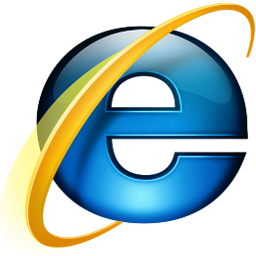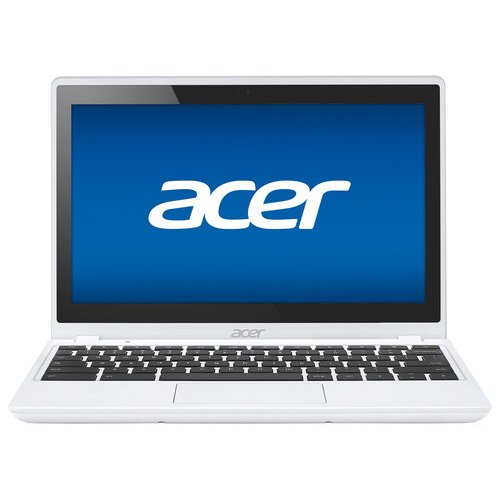The Death Of Internet Explorer
 So Microsoft finally realized that the rest of us already knew. Internet Explorer was an old, slow, buggy browser. Instead of fixing the problems, it did what a lot of animal shelters do to pets that are considered “unadoptable” and put it down. I’m sure a lot of us won’t really miss it, even though there’s talk that Microsoft is working on a new browser tentatively called “Project Spartan” that is slated to be included with Windows 10.
So Microsoft finally realized that the rest of us already knew. Internet Explorer was an old, slow, buggy browser. Instead of fixing the problems, it did what a lot of animal shelters do to pets that are considered “unadoptable” and put it down. I’m sure a lot of us won’t really miss it, even though there’s talk that Microsoft is working on a new browser tentatively called “Project Spartan” that is slated to be included with Windows 10.
If this is true, it wouldn’t be the first time that somebody took a product that had gone seriously south in terms of quality and rebranded it. The decline of Netscape Navigator led to the spinoff of Mozilla Firefox as a stand-alone browser. While Firefox does have its own set of challenges, recent estimates show that Firefox has now captured up to 20% of the desktop market and is in a good position to surge with the demise of Internet Explorer.
Retiring Internet Explorer may have been one of Microsoft’s better moves, especially since it would likely be easier to start from scratch than fix the problems that have caused it to be out-competed by alternative browsers. Security is not the least of these. Many hackers exploit bugs in Internet Explorer because it’s easier than tackling the security of Google Chrome. (Slight disclaimer: Chrome is my default browser because it just works.) You might prefer Safari for the small memory footprint, something that IE just kept getting worse and worse at with its bloated code. Opera has faced complaints that it lost its quirky charm with recent updates, though it is no longer bogged down with unnecessary features and the latest version is gaining a reputation for being a highly competent browser. Microsoft is beginning to realize that people now have choices with both web browsers and operating systems, and that may help to improve performance if they ever decide to release a proprietary browser again.

If I was being hopeful, I’d say that “Project Spartan” is an acknowledgement from Microsoft that IE had just gotten too big for its britches and needs to be pared down if Microsoft wants to compete in a marketplace that includes people who do most of their Web browsing on a mobile device. These are people who might use Chromebooks for their ability to handle the Web while on the go. These days, any tech company that can’t stay on the cutting edge is going to go out of business and Microsoft is beginning to realize that.
The Browser War is still happening and Internet Explorer finally tossed in the towel. This should be no surprise to anyone who only used IE to download their favorite browser. Like Netscape/Firefox, it could come back as a rebranded version and Microsoft users could keep their fingers crossed that the revived version won’t become a bloated monstrosity with serious security holes this time. If anybody is going to miss Internet Explorer, it’ll likely be the Bill Gates fancrowd and the Internet junkies who saw IE as a source of humor rather than the slick and innovative web browser that it could have been.
[simple-rss feed=”http://rest.ebay.com/epn/v1/find/item.rss?keyword=%28netbook%2Cchromebook%2Cmobile+device%29&sortOrder=BestMatch&programid=1&campaignid=5337337555&toolid=10039&minPrice=100&listingType1=All&lgeo=1&feedType=rss” limit=10]








